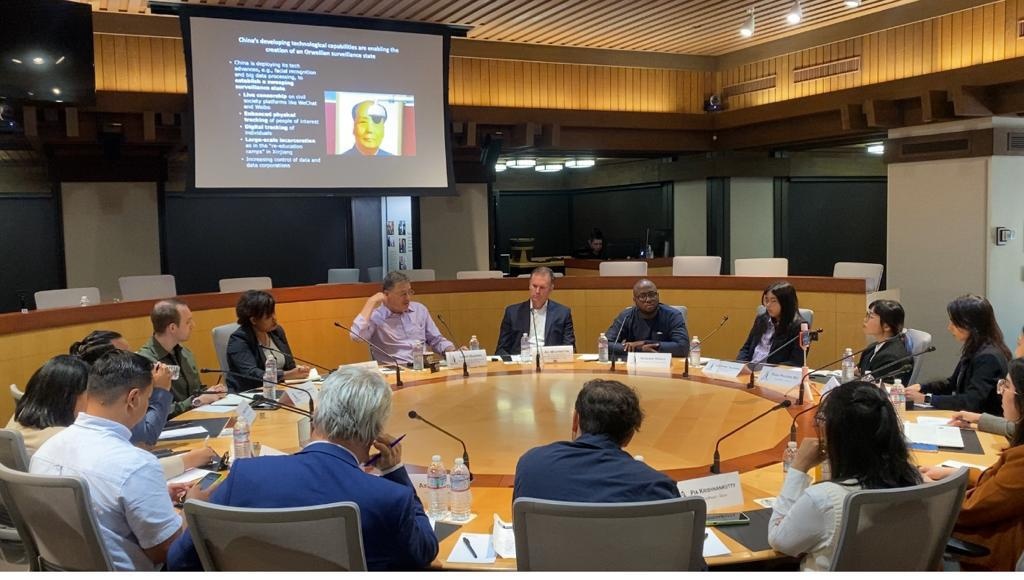A senior fellow at Stanford University’s Hoover Institution in the United States of America, Larry Diamond has cautioned Ghanaian leaders especially parliamentarians to scrutinise loan agreements contracted by government officials from the People’s Republic of China.
According to political scientist, the Asian country’s Official Development Assistance is often laced with a ‘trap’ which could land the country is a worsened economic position, a trend which is already showing signs in many African economies even in Ghana.
Prof Diamond’s comments come in the wake of a progress report released by the International Monetary Fund on Ghana’s bailout programme.
According to the Fund, Ghana’s collateralised debt as of the end of 2022, was entirely held by China, this corresponds to four loan agreements signed in 2007-18 that amount to US$619 million to finance infrastructure projects.
These loans are collateralised against commodity production (cocoa, bauxite and oil) and electricity sales.
The loan agreement means in the event Ghana defaults on honouring its debt obligation, China has the right to use proceeds from Ghana’s oil, cocoa, bauxite or even the sales from electricity to settle the debt.
“Collateralised debt is any contracted or guaranteed debt that gives the creditor the rights over an asset or revenue stream that would allow it, if the borrower defaults on its payment obligations, to rely on the asset or revenue stream to secure repayment of the debt,” the IMF stated.
Reacting to fears by many Ghanaians that the situation may adversely impact their economies
the Senior fellow told JoyNews on the sidelines of a round table that “there are few problems with the dependence on China for official development Assistance.”
Larry Diamond explained further that the loans are not on very good terms and the loan agreements are reached without transparency and without societal review and debate.
He added that the loans which are mostly not concessional, are sold at market rates often on very unfavorably terms.
“Frequently if you look at what’s happened elsewhere in Africa,countries agree the provisions that enable China to take control over their infrastructure; their ports or other critical assets if the loans aren’t repaid in exactly the way these agreements have unreasonably specified, so it’s a neocolonial enterprise” he said.
The Stanford University Political Scientist was however quick clear any misconceptions that he holds anything against the Asian country saying that “I’m not saying don’t engage China on loans or anything else but I’m saying that the terms have to be made fully public, have to reviewed by the media, independent experts, the parliament and they shouldn’t happen without close scrutiny and debate and you know Africa has too much misery in its history in signing over its resources and its future to outside actors.
So let’s not repeat all the mistakes of earlier experiences of colonialism or neocolonialism”.





